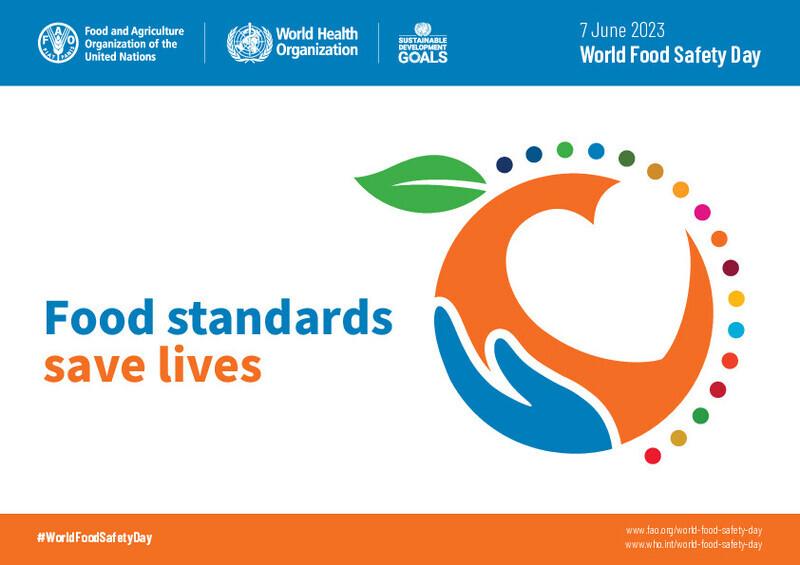Food standards save lives by helping to guarantee the safety and quality of food.
They provide guidance to farmers and processors on the hygienic handling of food. They set maximum levels of additives, contaminants, pesticide residues and veterinary medicines that are safe for all to consume. The standards also set out how food should be measured, packaged and transported to ensure it is safe. By applying standards to things like nutrition and allergen labelling, consumers can know if food is good for them.
Most governments and organisations adopt and enforce food standards based on scientific risk assessment, covering biological, chemical and physical hazards. Standards may be developed by individual governments or organisations or by regional or intergovernmental standard-setting bodies.
One such international standard-setting body for food safety and quality is the Codex Alimentarius Commission, or Codex for short. Codex is where representatives from 188 member countries and 1 member organisation (the European Union) work together to ensure the safety of food.
Codex turns 60 this year, which is a great opportunity to highlight the importance of food standards.
On the occasion of World Food Safety Day, the information published by the National Food Chain Safety Office is available here (only in Hungarian).
EFSA is once again raising awareness of the importance of food safety this year through the #EUChooseSaveFood campaign.
The main messages created by FAO/WHO are available on this link.

